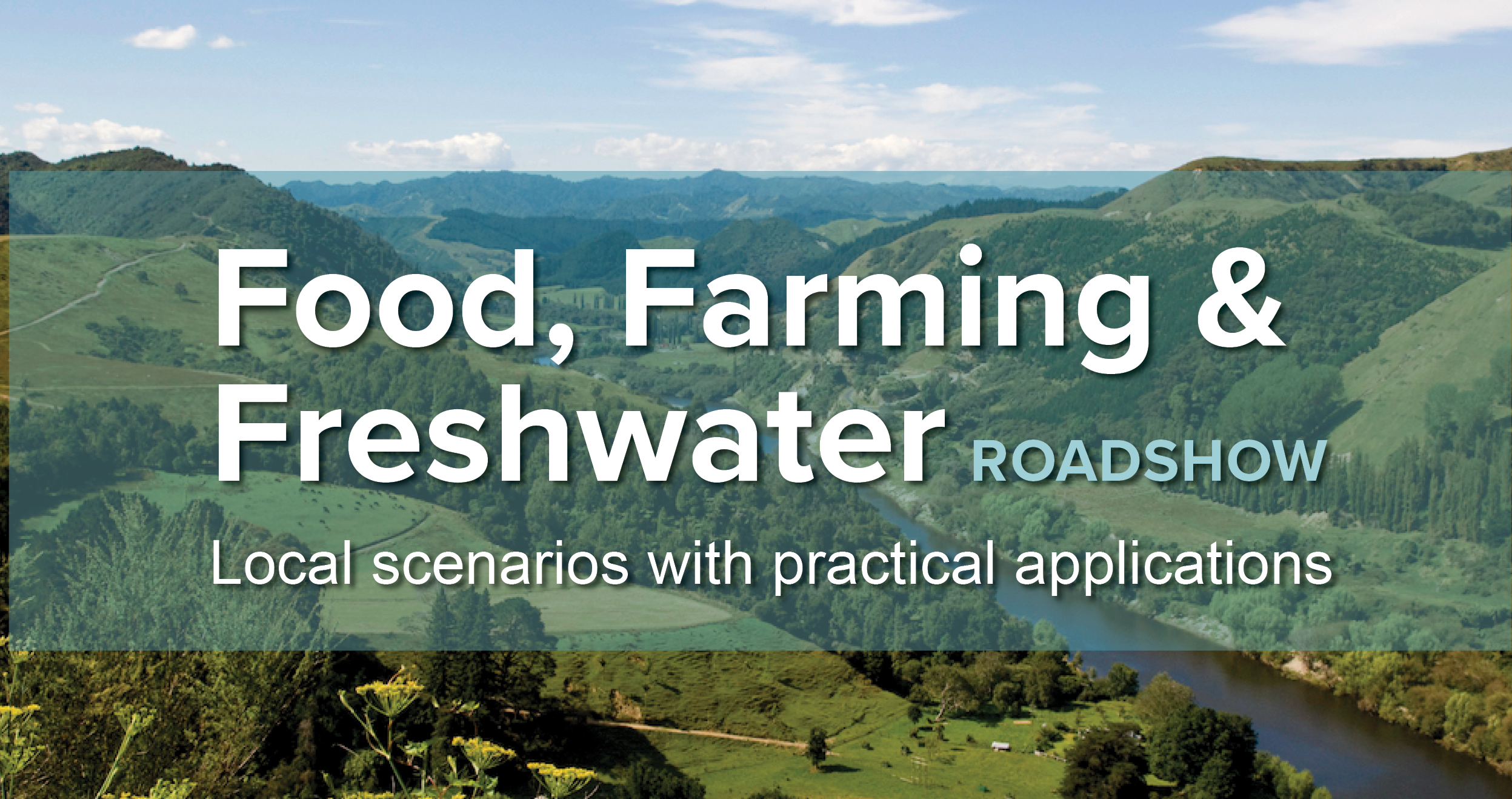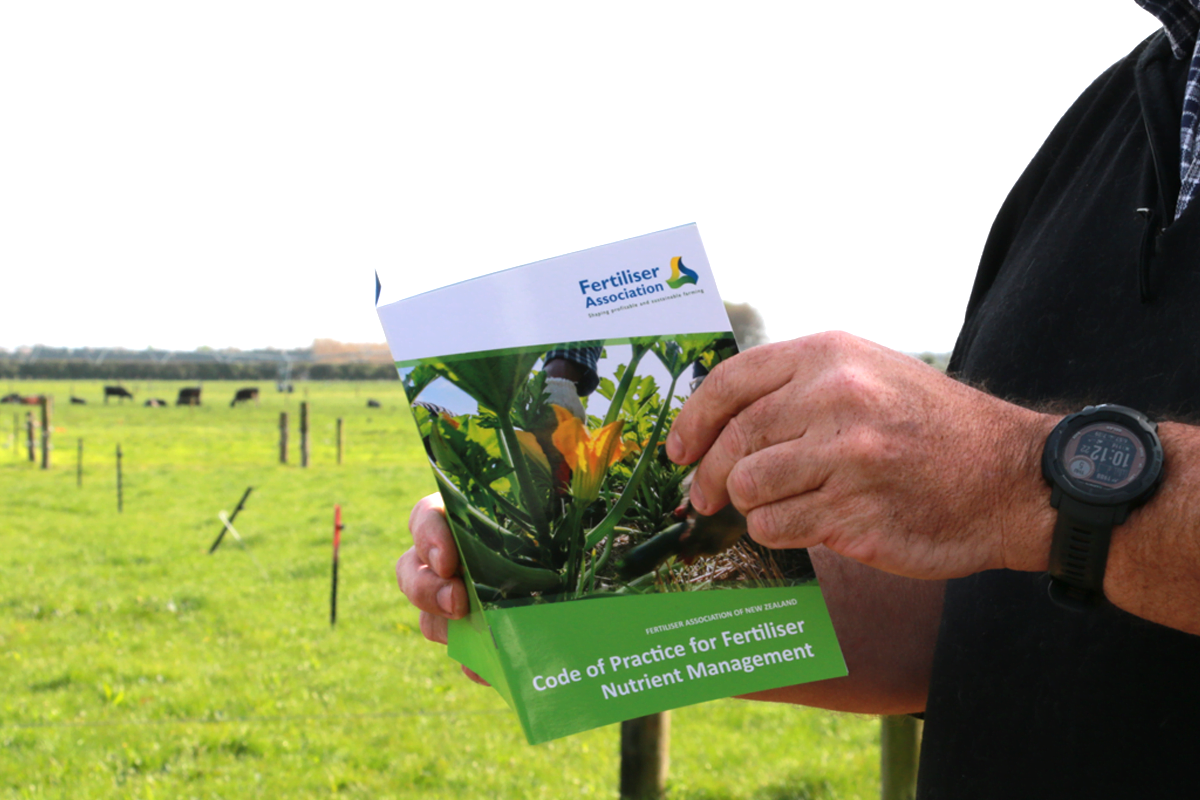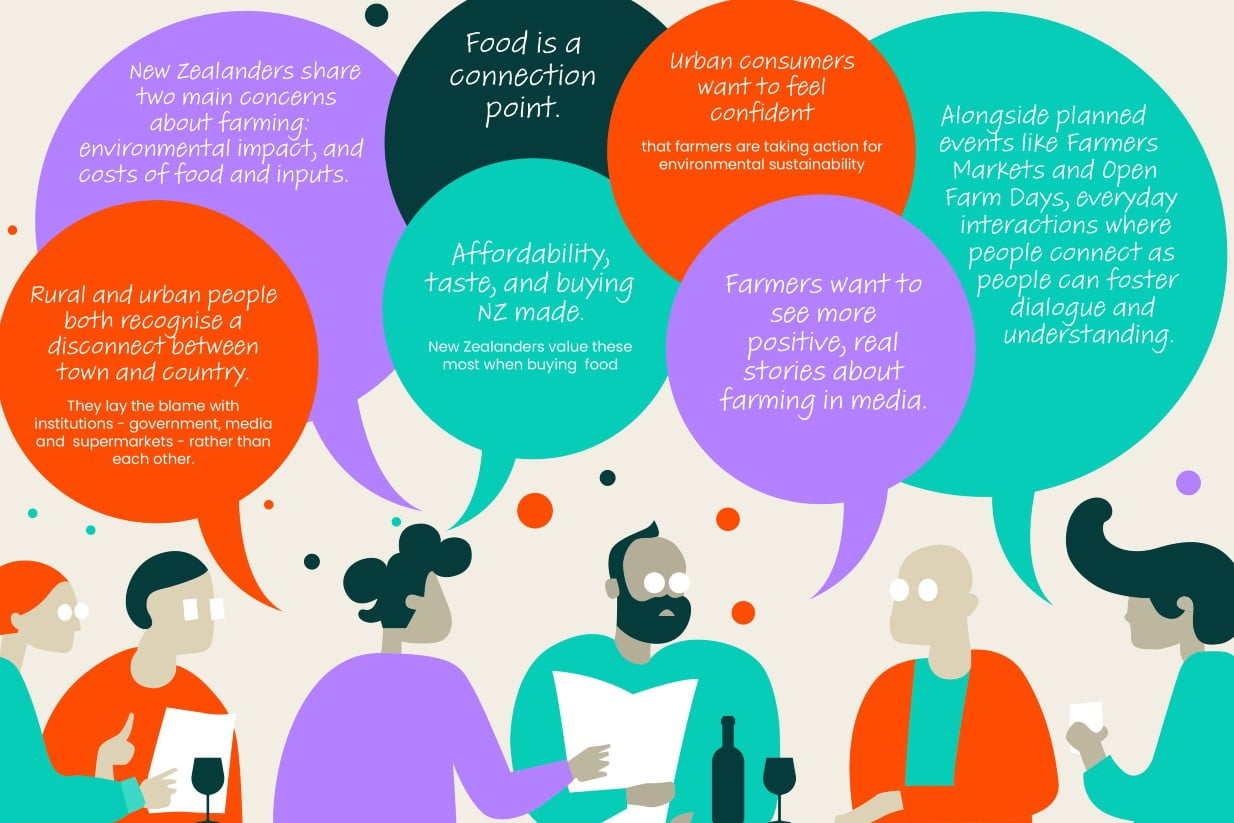Enabling a transformation in New Zealand’s bioeconomy
June 2017
The OECD called for a global transition towards a bioeconomy in 2009, which resulted in a number of nations adopting strategies to develop their bioeconomy. New Zealand’s large biological resource base, cultural heritage in farming, and global dominance in livestock production, should make it well-positioned for bioeconomy-based wealth creation.
However, ecological and societal limits require the current economic farming model to be re-evaluated. Using a transformation lens and bioeconomy framework, this paper discusses what is required for New Zealand to transform into a fully functioning bioeconomy.
The paper identifies several critical elements of a bioeconomy that are lacking or not fully developed in New Zealand, notably finance and governance, and the need for public engagement in policy.
To enable New Zealand to realise the potential opportunity the bioeconomy offers, a more integrated and cohesive primary sector model is required that goes beyond tweaking the existing regime, towards supporting and developing new niche production sectors, based on a clear vision jointly conceived with wider society.
Think piece for Our Land and Water
 View Our Strategy Document 2019 – 2024
View Our Strategy Document 2019 – 2024



